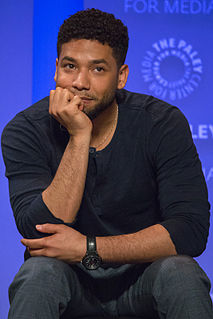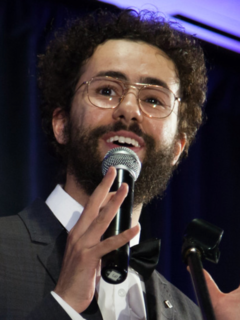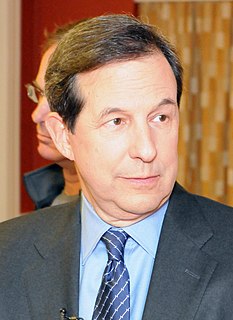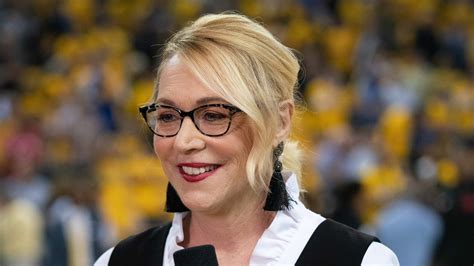A Quote by Tariq Ali
The U.S. is telling the Northern Alliance to kill Taliban prisoners. It's totally a breach of all the known conventions of war. Western television networks aren't showing this, but Arab networks are showing how prisoners are being killed and what's being done to them. Instead, we're shown scenes that are deliberately created for the Western media: a few women without the veil, a woman reading the news on Kabul television, and 150 people cheering.
Related Quotes
Unfortunately, the United States and a few other governments have used the war on terrorism as a way of violating human rights. I am referring to the case of the Guantánamo Bay prisoners. This violation of the rights of prisoners has been so unbelievable that the United Nations has reminded the United States repeatedly that the treatment of prisoners should take place according to the preestablished conventions of the United Nations.
There is state-run television in Russia, which is more loyal to the state, as it always is with state television in any country. We have private owned networks; some of them are oppositional. We have thousands of regional networks that, in their regions, are more watched than the so-called federal stations.
I think its going to be continually tougher on the big networks as more cable channels do really interesting television. The big networks have a choice to make: Do we try to be all things to all people and get the shows that will deliver 20 million viewers a week? Are we the McDonald's of television? Or are we going to try to be more specific?
Of course, no state accepts [that it should call] the people it is imprisoning or detaining for political reasons, political prisoners. They don't call them political prisoners in China, they don't call them political prisoners in Azerbaijan and they don't call them political prisoners in the United States, U.K. or Sweden; it is absolutely intolerable to have that kind of self-perception.







































